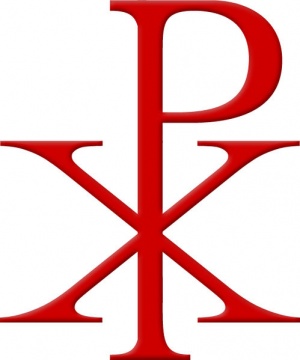Édit de Milan

Par l'édit de Milan ou édit de Constantin, promulgué par les empereurs Constantin Ier et Licinius en avril 313, chacun peut « adorer à sa manière la divinité qui se trouve dans le ciel » ; il accorde la liberté de culte à toutes les religions et permet aux chrétiens de ne plus devoir vénérer l'empereur comme un dieu.
The Edict followed Constantine the Great's 311 conversion of his entire army preceding the Battle of Milvian Bridge, after which he gained control of the Western portion of the Empire. Before this battle, according to Eusebius, Constantine had a vision of either the sign of the cross or of a Chi Rho emblem (both symbolizing Christ), under which was written "in hoc signo vinces" (i.e., in this sign thou shalt conquer).
Unfortunately, the Edict did not end all persecution of Christians happily ever after; Licinius, the Eastern Emperor, soon marched against Constantine to gain control of the whole Empire for himself. In so doing, he made void the Edict in an attempt to gain the support of pagans, particularly those who composed much of the military. Constantine, however, eventually defeated and executed him. After Constantine, emperors such as Julian the Apostate also rose against Christianity. However, on the whole Constantine had turned the tide against Christian persecution.